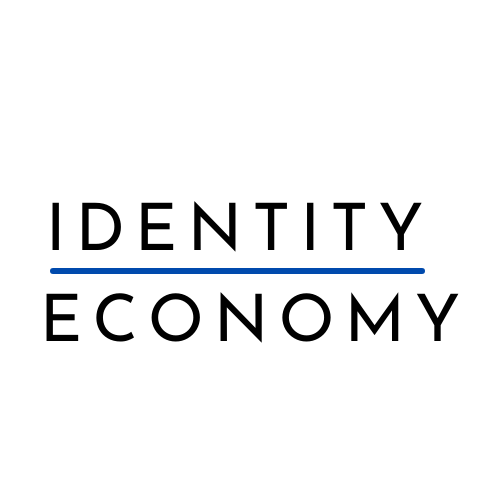Von Ralf Keuper
Es ist wohl nur eine Frage der Zeit, bis Facebook seinen Nutzern die Möglichkeit geben wird, sich nicht nur mittels Social Login (Facebook Connect), sondern mit der eigenen Kryptowährung FaceCoin auf den verschiedenen Seiten im Internet anzumelden und zu bezahlen. Bei FaceCoin handelt es sich um eine Fiat-besicherte Stablecoin (Vgl. dazu: Was sind Stablecoins?).
Der aktuellste Hinweis stammt aus dem Beitrag Facebook’s cryptocurrency plans may be more ambitious than we thought:
Furthermore, Facebook wants to turn its crypto offering into a digital identity of sorts, which would enable users to pay with Facebook coin on third party sites, similar to how you can now use Facebook to log into other sites. With a user base of 2.32 billion monthly active users, Facebook certainly has the leverage to make its offering attractive to online retailers.
Vordergründig geht es bei FaceCoin um das reine Bezahlen. In FaceCoin: Here’s What Facebook Could Build In Blockchain And Cryptocurrency werden u.a. die verschiedenen Blockchain-Initiativen von facebook seit Januar 2018 aufgezählt. Kommentatoren haben fünf mögliche Geschäftsfelder ausgemacht, die facebook mit FaceCoin adressieren könnte, darunter auch Identity Tech.
In identity tech, the company could build a login layer like Facebook Connect for decentralized apps (dApps), which can have onerous login processes.
As blockchain startups aim to turn popular services into dApps, Facebook could gain from expanding its online ID abilities even further. Facebook could perhaps deliver a compelling enough identity UX that kick-starts a wave of consumer adoption.
Erste Spekulationen, facebook könnte FaceCoin für die Nutzer-Identifzierung verwenden, kamen bereits im Mai 2018 auf (Vgl. dazu: Facecoin is Not the Only Option).
The corporation is also researching if blockchain can help with managing customer data by verifying identity and other back-end processes (in: Facecoin Digital Currency May Be On The Way).
Besonders informativ ist der Beitrag Facebook’s likely blockchain first steps – decentralized log-ins and a stablecoin. FaceCoin als dezentrales Login zu platzieren würde zwar bedeuten, dass facebook ein Stück Kontrolle aufgibt; andererseits würden sich neue Geschäftsfelder erschließen, wie im internationalen Zahlungsverkehr, und die Vertrauenswürdigkeit könnte gesteigert werden:
Putting this mechanism (facebook connect) on the blockchain, as Zuckerberg suggests, would potentially allow users to control the access they grant third-party apps — a function that might help overturn the social network’s reputation for the indiscriminate sharing of sensitive data.
Seit 2007 beschäftigt sich Facebook mit Thema Digitale Währung. Mit der ursprünglichen Philosophie digitaler Währungen (z.B. dezentral, anonym), wie Bitcoin, hat FaceCoin indes nur wenig gemein (Vgl. dazu: No, Facebook’s ‘FaceCoin’ Will Be Nothing Like Bitcoin & Facebook’s Facecoin might soon deliver change). Mit FaceCoin könnte facebook sein Geschäftsmodell auf die nächste (technologische) Stufe heben, ohne dabei die Kontrolle über die Datenflüsse vollständig aus der Hand zu geben. Damit ließe sich sogar die Treffgenauigkeit von Werbebannern (Ads) erhöhen. Mit FaceCoin bekäme facebook überdies Einblick in das Kauf- und Bezahlverhalten der Nutzer; wenngleich die Nutzer – prinzipiell – mehr Souveränität über ihre Daten hätten.
Einige Kommentatoren sehen schon die Bank of Facebook nahen.
And so it is Facebook that is looking to use its captive base of 2.7 billion users — on Messenger, WhatsApp and Instagram — to launch its own cryptocurrency and become the Central Bank of Facebook. If successful, it could become the largest clearing bank in the world. Facebook, itself, sees competitors such as Telegram rising as a threat to its instant messenger platforms, and needs ways to innovate in the space and use its current captive user base to build new business models (in: The Bank of Facebook).
